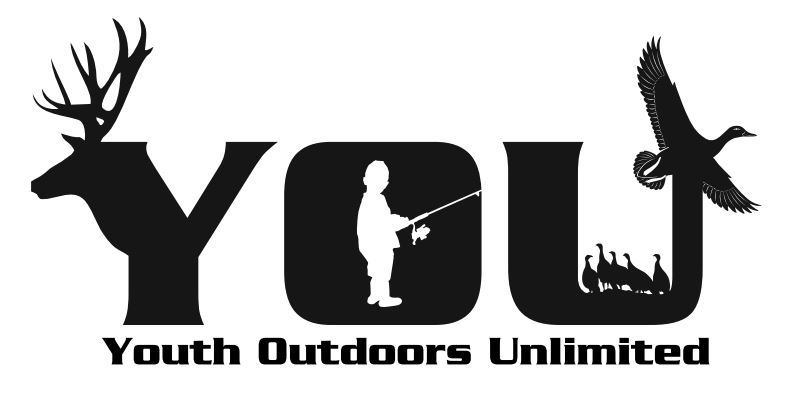“So,” Homey observed, “our Washington Children’s Outdoor Bill of Rights looks like it is back to the drawing board – again. Geeez, it’s just to encourage youngsters to get out and connect and protect their own future… If this is so hard, think what it would take to get a right to hunt and fish into our constitution. …Some states have them, right?”
Duty called; I started digging.
In Kansas, an amendment to the state constitution added paragraph 21 to the Kansas Bill of Rights. It reads: “§21. Right of public to hunt, fish and trap wildlife. The people have the right to hunt, fish and trap, including by the use of traditional methods, subject to reasonable laws and regulations that promote wildlife conservation and management and that preserve the future of hunting and fishing. Public hunting and fishing shall be a preferred means of managing and controlling wildlife. This section shall not be construed to modify any provision of law relating to trespass, property rights or water resources.” It passed in November.
According to the National Conference of State Legislatures (www.ncsl.org/research/environment-and-natural-resources/state-constitutional-right-to-hunt-and-fish.aspx), Indiana and Kansas just became the 20th and 21st states to guarantee the right to hunt and fish in their constitutions.
Of the twenty-one states now including those rights in their constitutions, twenty were approved by voters. Vermont adopted the rights in 1777. The others (Alabama, Arkansas, Georgia, Idaho, Indiana, Kansas, Kentucky, Louisiana, Mississippi, Minnesota, Montana, Nebraska, North Dakota, Oklahoma, South Carolina, Tennessee, Texas, Virginia, Wisconsin and Wyoming) began with the elections of 1996.
In general, Alaska’s constitutional language (“Wherever occurring in their natural state, fish, wildlife, and waters are reserved to the people for common use”) is seen as equivalent to a state constitutional guarantee. Florida and New Hampshire have statutory protections for the right to hunt and fish, but not constitutional amendments. Thus, twenty-four states have stood up to protect the right of the public to engage in lawful hunting and fishing.
The constitutions of California and Rhode Island guarantee the right to fish, but not to hunt.
Several states are in the queue. Nevada passed language in 2015 to amend its constitution for the right to hunt and fish, but it becomes official when passed by the 2017 Legislature and approved by voters in 2018. Legislation asserting the constitutional right to hunt and fish is on the table in Illinois, Michigan, New Jersey and New York.
Last year, legislation relating to the constitutional right to hunt and fish was introduced in Colorado, Iowa, Maine, Missouri, North Carolina and West Virginia. All failed.
When Mississippi became the 18th state to establish a constitutional right to hunt and fish, 88 percent of voters approved. That year, almost 80 percent of Alabama voters added language affirming that hunting and fishing were to be the “preferred means of managing and controlling wildlife.”
So why all the interest – particularly in these past two decades – in making hunting and fishing a Constitutional Right? Think about it; every year across America, new firearms regulations are promoted for “safety.” Almost invariably, they do – or would – interfere with the legal, traditional and safe use of firearms afield – by folks who’ve all been through training programs. It feels like harassment.
According to a 2008 article in the “State Legislatures” magazine, sportsmen feel under attack. In many states, they “increasingly feel as if they are the ones outside…turning to state constitutions to ensure their hallowed pastime will continue in perpetuity. Increasing urbanization, decreased habitat, declining numbers of sportsmen, and more restrictions on hunting are common factors in the quest to assert the right to hunt and fish in a state’s most basic and difficult-to-amend document. On land that has been traditionally open to sportsmen, development of farmland and forests, along with pressure from other recreational groups such as hikers and off-road vehicles, is putting the pinch on the available land for harvesting game and fish.”
As we have from time to time seen in Paradise, animal rights groups, and their impact on methods, seasons and bag limits for certain game species have pushed many hunter advocacy groups to lobby for hunting and fishing righta. Sportsmen and a wide variety of folks work to get kids outdoors – and connected with nature – so that they will be advocates for an outdoor future for themselves and their own kids. In the meantime, louder and louder voices work to inhibit their fishing and hunting opportunities. The call has been heard across the country, and at least half of our states have taken steps to guarantee that future.
We may yet get a bill through our legislature to officially create a Washington Children’s Outdoor Bill of Rights.
Would voters of Washington pass a constitutional amendment for hunting and fishing? I don’t know really, but it is an interesting fantasy isn’t it?
(Speaking of fantasies, the trip to the Yakima SunDome will be worth the short drive. See you at the Central Washington Sportsmen Show this weekend – you can realize almost every outdoor fantasy you ever had.)




